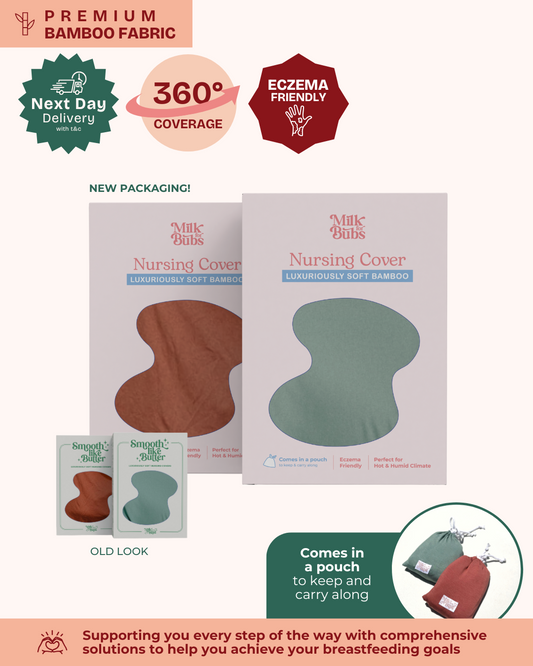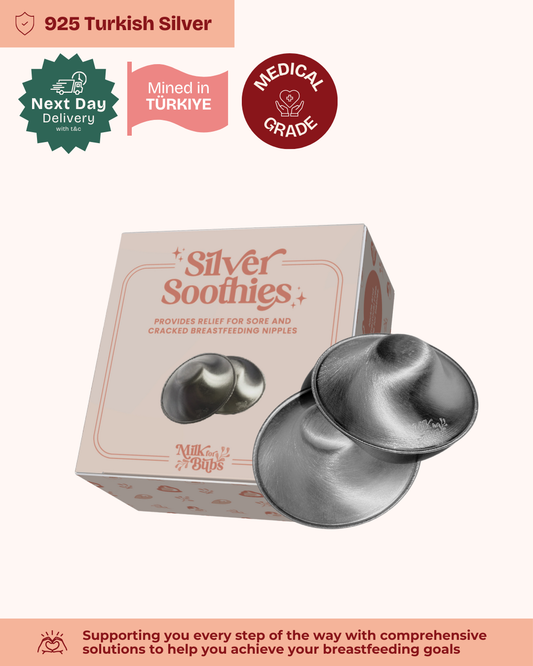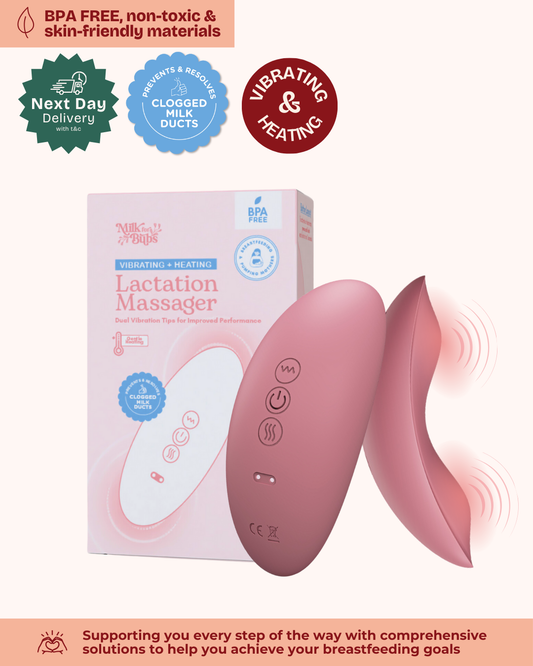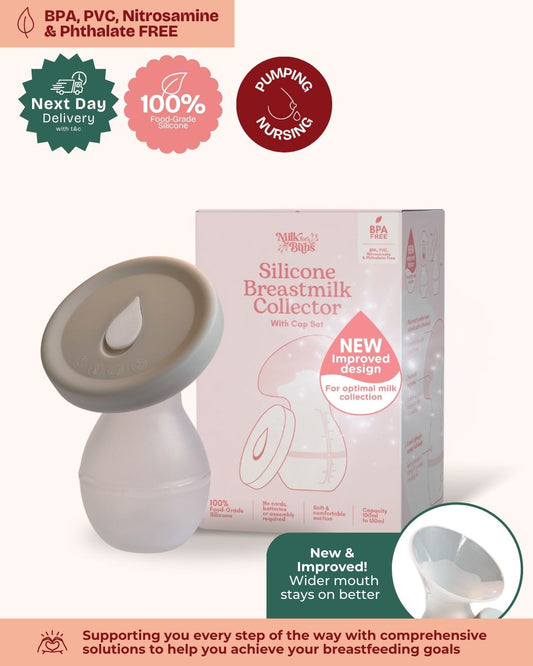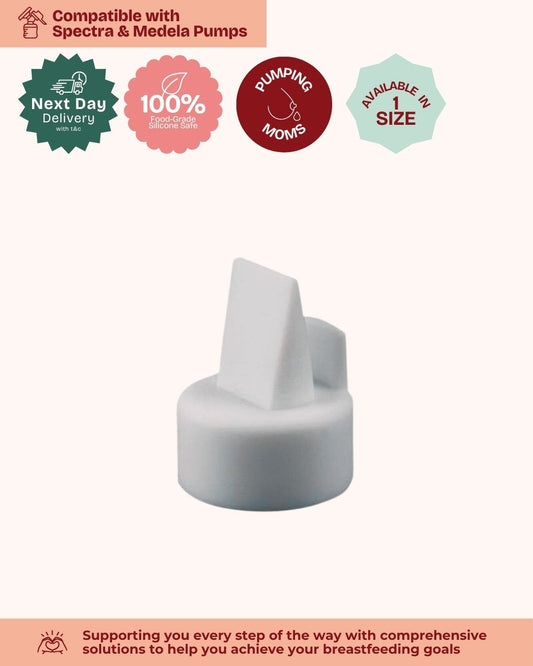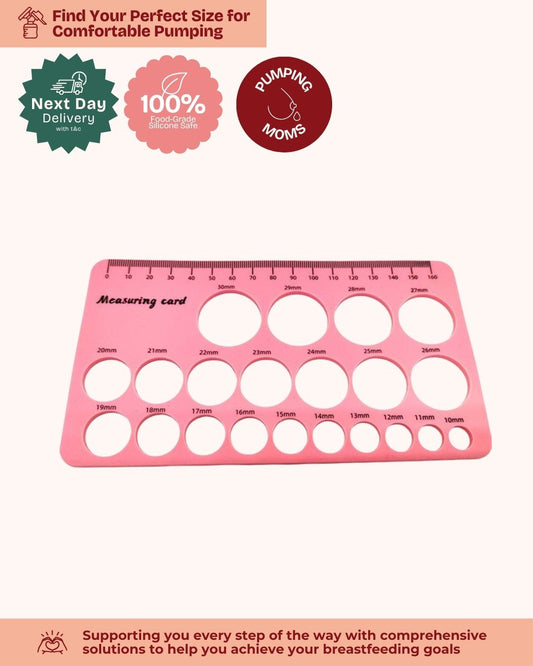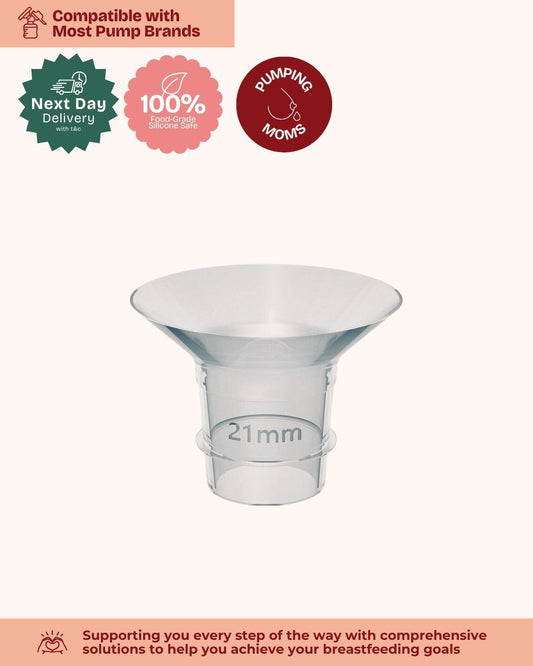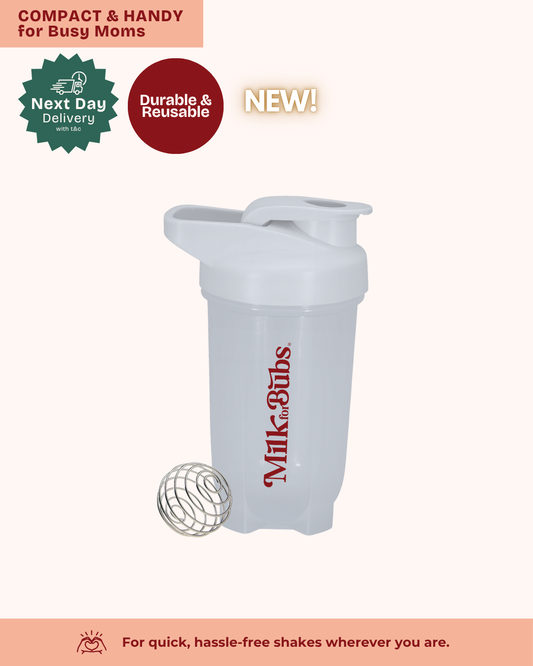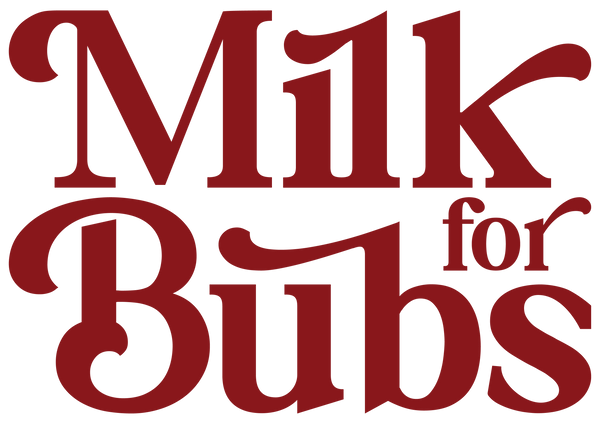The truth about fenugreek and milk supply, backed by research
Fenugreek has long been praised as a go-to herbal galactagogue, a supplement believed to increase breast milk production. You’ll often see it recommended in mom forums, lactation groups, and even in teas and lactation cookie blends.
But here’s what many breastfeeding moms aren’t told: fenugreek doesn’t work for everyone. And for some, it may even cause more harm than good.
In this article, we break down the myths and facts around fenugreek and breast milk supply, based on updated research so you can make an informed decision for your own breastfeeding journey.
What Is Fenugreek and Why Is It Used

Fenugreek is a plant seed traditionally used in herbal medicine and cooking. In the breastfeeding community, it’s commonly marketed as a milk supply booster or natural lactation supplement.
Moms often turn to it when they feel their milk production is low, especially in the early postpartum period or during pumping routines. But just because it’s popular doesn’t mean it works for everyone.
The Research: Mixed and Inconclusive
Several small studies have shown that fenugreek may help increase milk supply in some mothers, especially when used during the first few weeks postpartum. However, larger and more rigorous reviews show that the results are inconsistent.
According to a 2021 review in Evidence Based Practice, fenugreek’s effectiveness is questionable because of small sample sizes, weak study designs, and short follow up times.
Meanwhile, LactMed (U.S. National Library of Medicine) notes that any increase in milk supply is likely temporary, and fenugreek may not help long term, especially if breast stimulation through nursing or pumping is not consistent.
Why Fenugreek Doesn’t Work for Everyone
Here’s why your fenugreek capsules, teas, or cookies might not be doing much.
Every body responds differently.
Just like with medications, some people respond well to fenugreek while others don’t see any difference.
Low milk supply is often due to other factors.
Infrequent nursing, poor latch, or insufficient emptying of the breast are much more common causes of low supply than a lack of milk making herbs.
It may cause side effects.
Some breastfeeding mothers report digestive discomfort such as gas, bloating, or diarrhea. Others notice a strong maple syrup like smell in sweat and milk, worsening of asthma symptoms, or drops in blood sugar levels, especially for diabetic moms.
If you have thyroid issues, fenugreek is especially discouraged without medical supervision.
What Actually Supports Milk Production
Let’s keep it real: there’s no magic pill for boosting breast milk.
The most effective, evidence based ways to increase supply include frequent nursing and pumping, emptying the breasts thoroughly each session, skin to skin contact, proper latch and feeding position, and staying hydrated and nourished with real food.
Products like Milk for Bubs lactation snacks are designed to support you with whole food based superfoods such as flaxseed, rolled oats, and wheat germ - not rely on a single herb to fix it all.
Should You Avoid Fenugreek Completely
Not necessarily. If you’ve used fenugreek and felt it helped, that’s great. But if you haven’t seen a difference or experienced unwanted side effects, you’re not alone.
Before starting any lactation supplement, it’s a good idea to talk to an IBCLC (International Board Certified Lactation Consultant), rule out mechanical issues like latch, positioning, or tongue ties, and look into alternative, food based galactagogues like oats, flaxseed, brewer’s yeast, and dates, all found in our Milk for Bubs lactation treats.
Final Thoughts: Your Milk Supply Isn’t Defined by One Herb
There’s so much pressure around milk supply, and it’s easy to reach for whatever might help. But breastfeeding success isn’t built on fenugreek alone. It’s built on consistency, support, and nourishment, the kind you can trust, not guess.
If fenugreek didn’t work for you, that’s not a failure. That’s information, and now you know what to focus on instead. 💛
Sources:
-
“Fenugreek – Drugs and Lactation Database (LactMed®)” — U.S. National Library of Medicine. ncbi.nlm.nih.gov
-
Khan et al., “Effectiveness of fenugreek as a galactagogue: A network meta-analysis.” PubMed
-
“A Review of Herbal and Pharmaceutical Galactagogues for Breast-feeding Mothers” (PMC). pmc.ncbi.nlm.nih.gov
-
Lactation supplements to increase milk supply: are they safe?” – Cleveland Clinic article. health.clevelandclinic.org

![[Bundle of 5] Disposable Milk Storage Bags with Storage Guidelines](http://milkforbubs.com/cdn/shop/files/IGP_Milk_Bag_Storage_Collaterals_1.png?v=1767068391&width=533)
